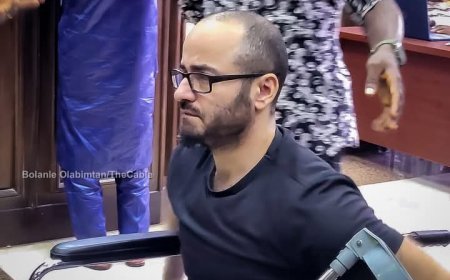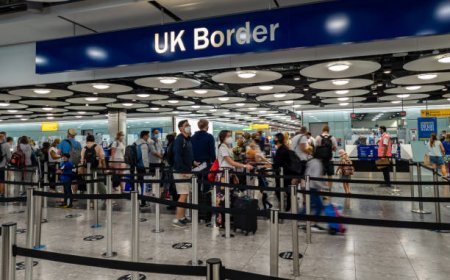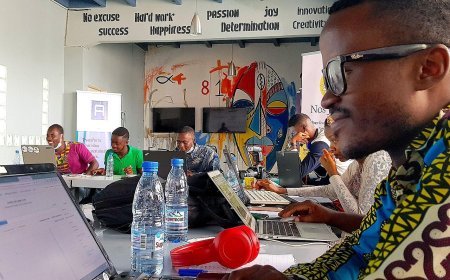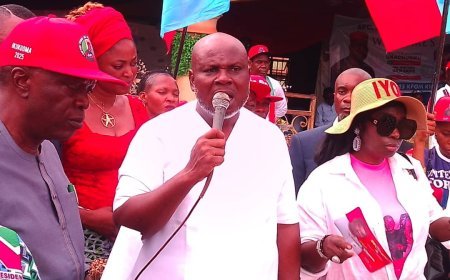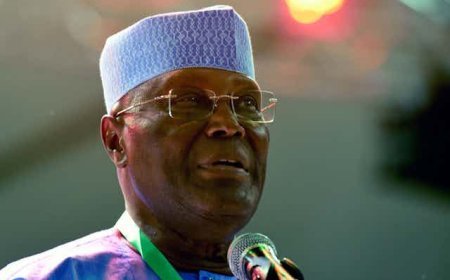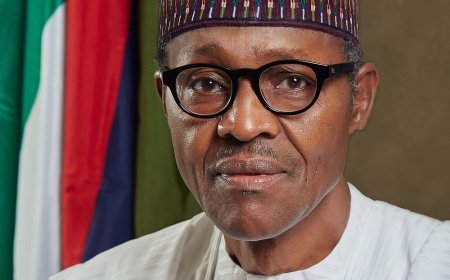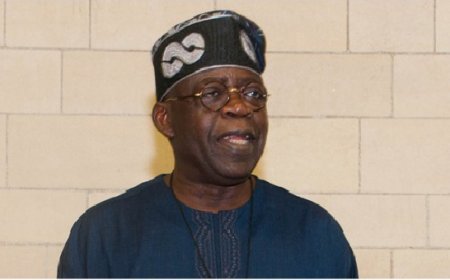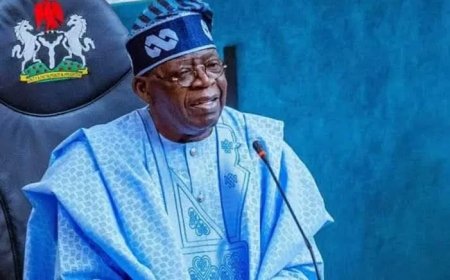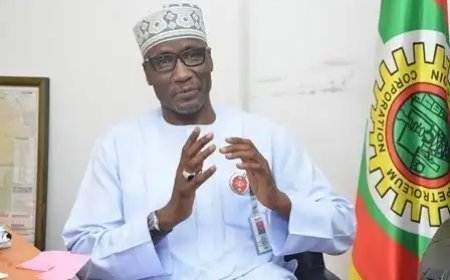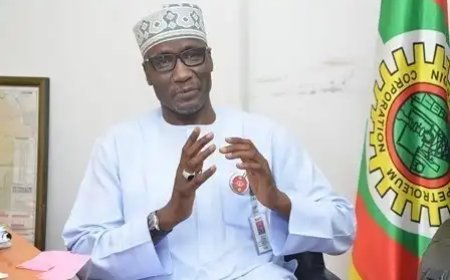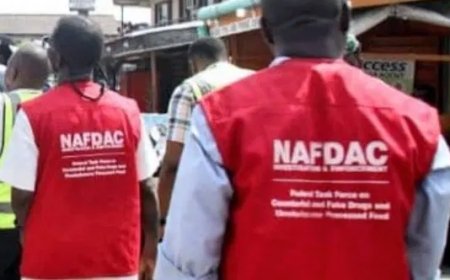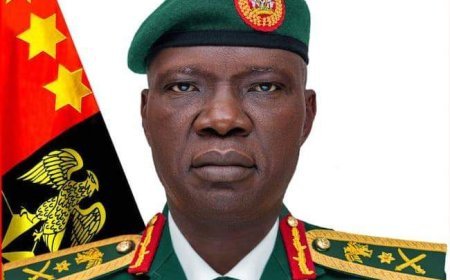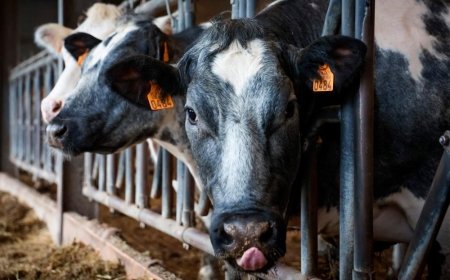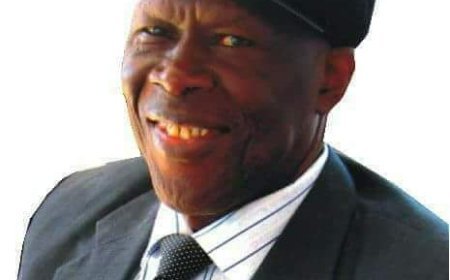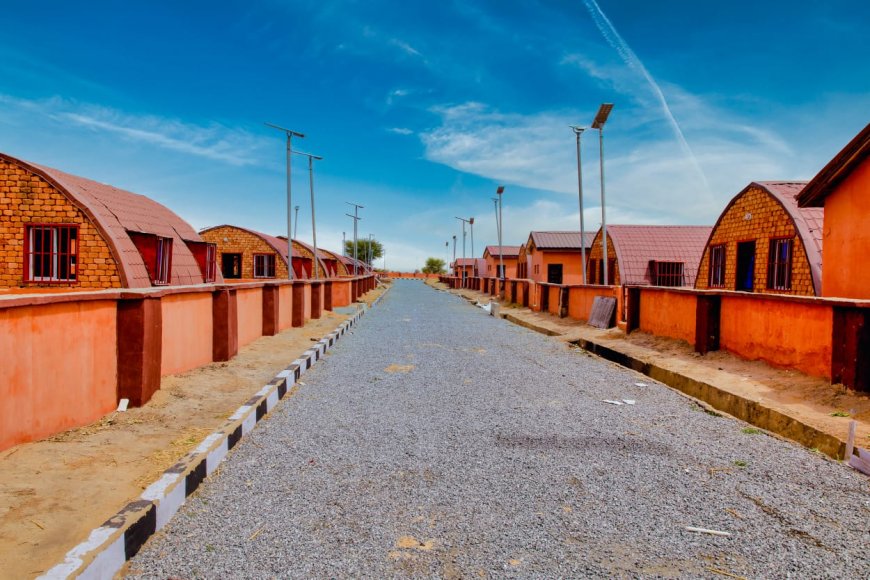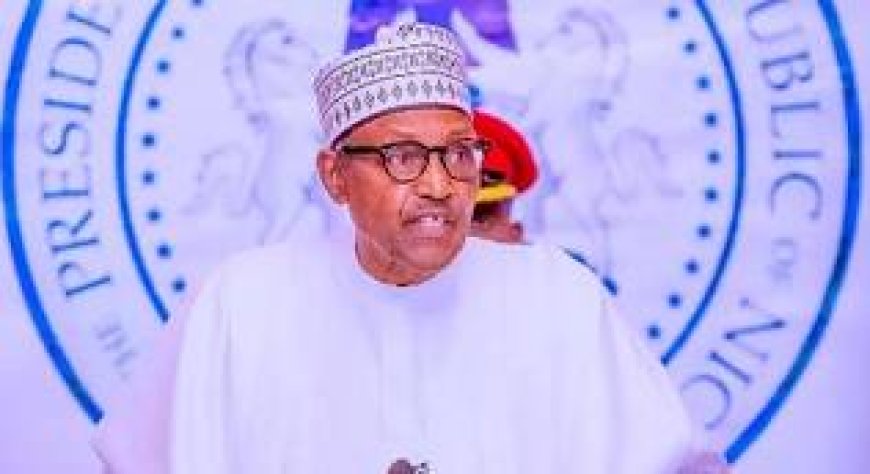Anti-Malaria War: Nigeria Gets 846,000 Vaccine Doses
*Sets for roll-out in Bayelsa and Kebbi.
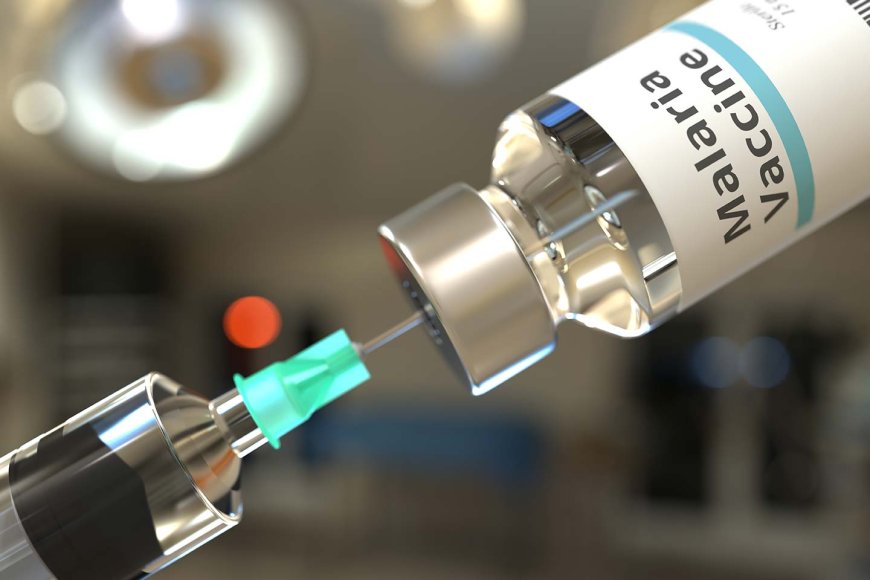
In an apparent bid to reduce the high prevalence of malaria in the country, particularly among its vulnerable population, including children, the Nigerian government has received 846,000 doses of the novel malaria vaccine from its development partners.
The Coordinating Minister of Health Minister and Social Welfare, Prof. Muhammad Pate, made the disclosure in Abuja on Thursday.
According to him, the vaccine is expected to play a key role in reversing the high prevalence of malaria-related deaths.
With the development, Nigeria has become Africa's third country to receive the vaccine which is set for introduction, a year after Ghana and Kenya.
Remarkably, malaria affects about 97% of Nigeria’s over 200m population and it is transmitted all year-round particularly in the southern regions, unlike its incidence in the northern parts where transmission lasts up to three months.
Malaria is primarily transmitted by both the Anopheles coluzzii and Anopheles gambiae, while the Anopheles funestus plays a secondary role in some areas.
The vaccines are coming as the country revs up its efforts at reducing not only the transmission of malaria but also its related deaths under the 2022-2025 National Malaria Strategic Plan, NMSP.
According to the Minister, the vaccine are expected to significantly boost the country’s ongoing war against malaria, with emphasis on parts of the country where it is very prevalent.
“Our target is to prioritize regions most affected by malaria, particularly in rural areas where access to healthcare is limited,” he said. He added that the vaccine rollout would begin in high-burden regions before being expanded to other parts of the country.
Prof Pate emphasized that arrangements have been concluded for global health partners, including WHO, UNICEF, and Gavi, to provide technical and financial support for a successful roll-out and implementation of the vaccine, insisting that the the malaria vaccine marks a historic step in the country's fight against malaria.
“USAID and other partners are pushing for rapid scale-up beyond the initial two states, aiming for a nationwide rollout to cover all regions of the country.
“With proper infrastructure, political will, and continued international collaboration, Nigeria is poised to make substantial progress in reducing the disease’s toll and moving toward malaria elimination,” Prof Pate pointed out.
Meanwhile, the roll-out of the vaccine is expected to target target Bayelsa and Kebbi. This was disclosed by the Executive Director, National Primary Health Care Development Agency, Dr Muyi Aina.
He explained that emphasis was placed on the said states for sundry reasons, including the high burden of the disease, as well as logistical challenges.
“In Bayelsa, which has significant riverine areas, reaching remote communities has been a challenge for health interventions.
“But, the strengthened healthcare systems and enhanced cold chain capabilities are expected to ensure the vaccine reaches even the most isolated populations,” he said.
Also speaking at the event, the National Coordinator, National Malaria Elimination Programme, NMEP, Prof. Gbenga Mokuolu, was full of plaudits for the vaccine which he described as a game-changer. However, he maintained that for effectiveness, its introduction must be paired with continued investment in healthcare infrastructure and education.
“The vaccine is not a magic bullet. Sustained efforts, including awareness campaigns and improved healthcare delivery, will be key to ensuring that the benefits of the vaccine reach every corner of the country,” he maintained.
What's Your Reaction?







